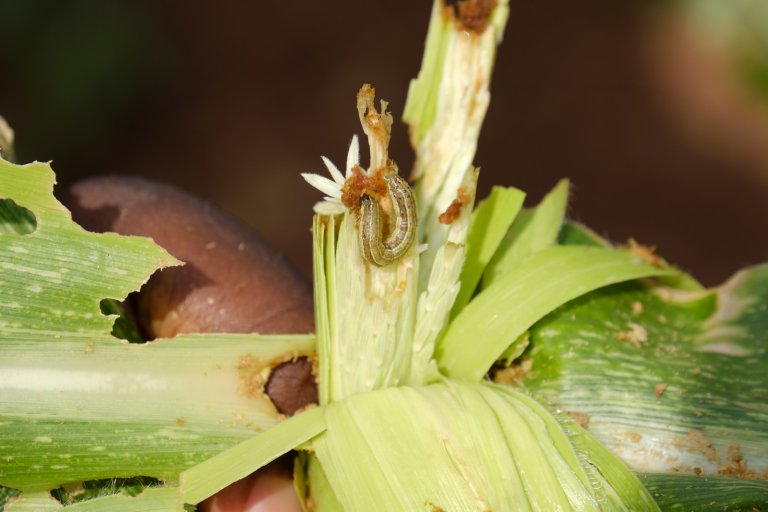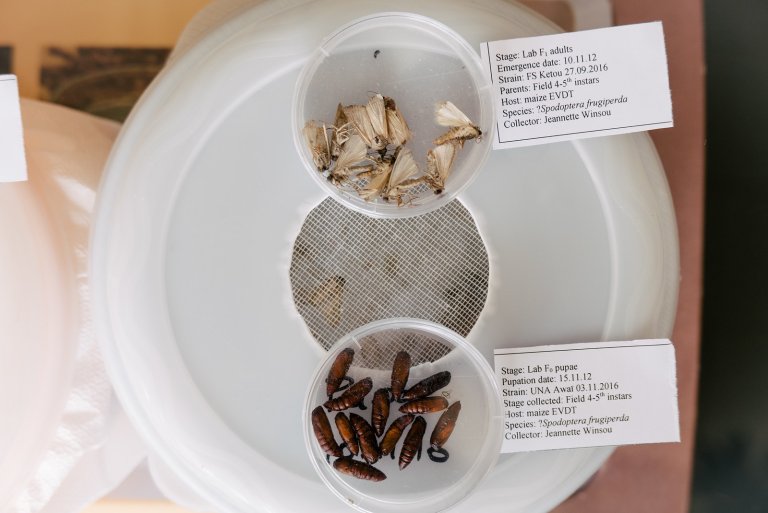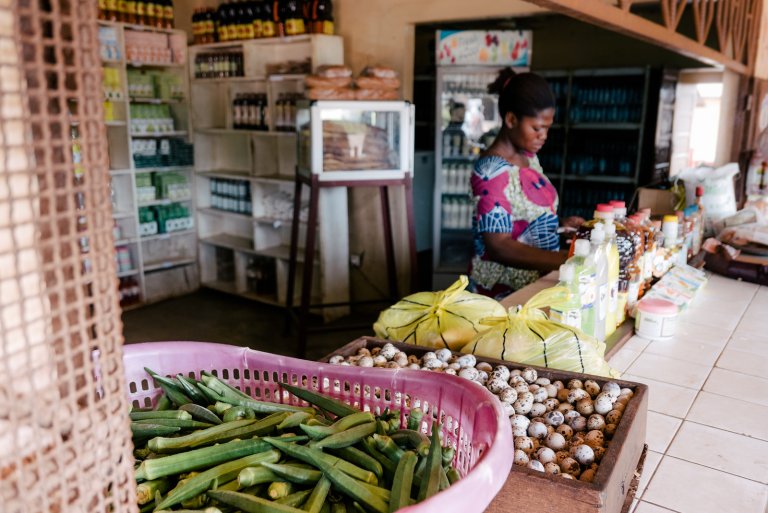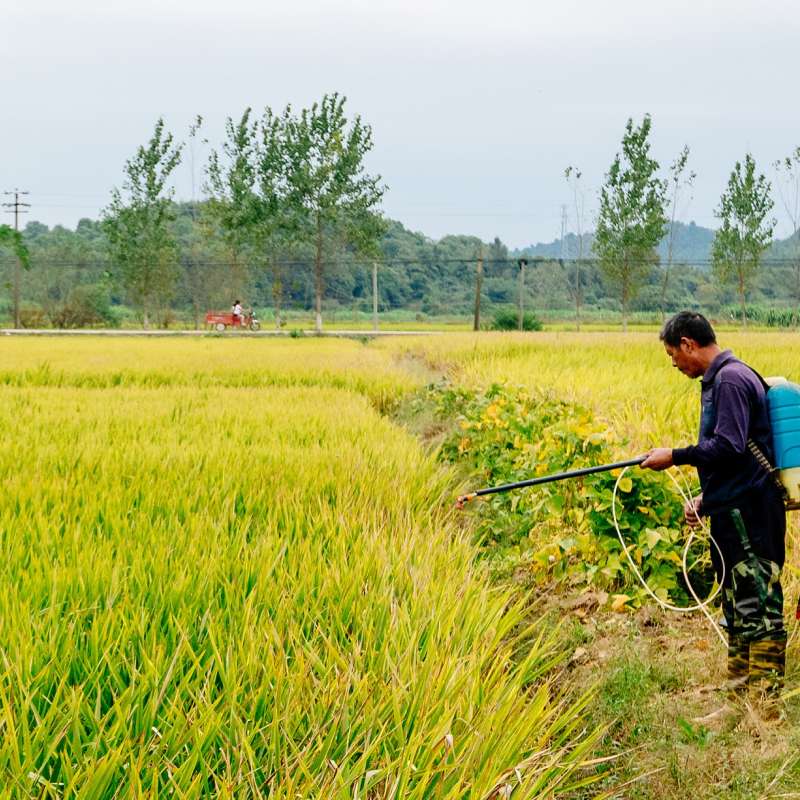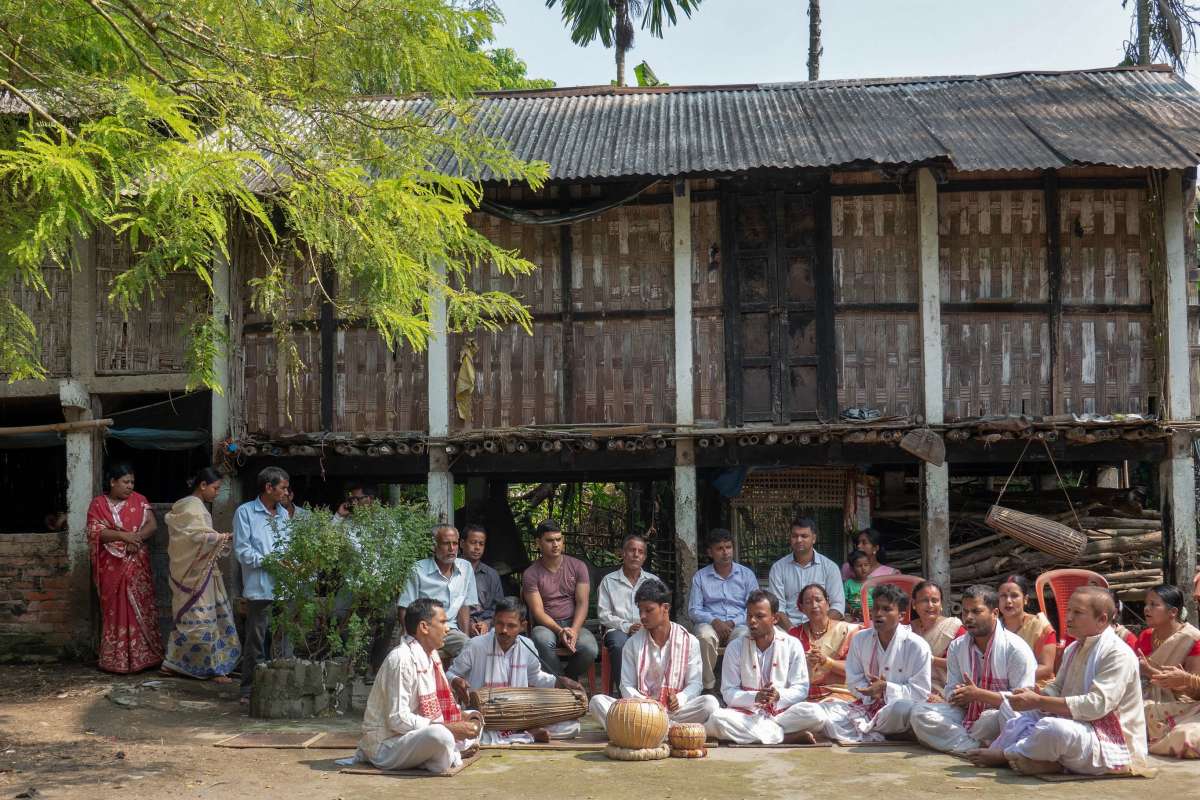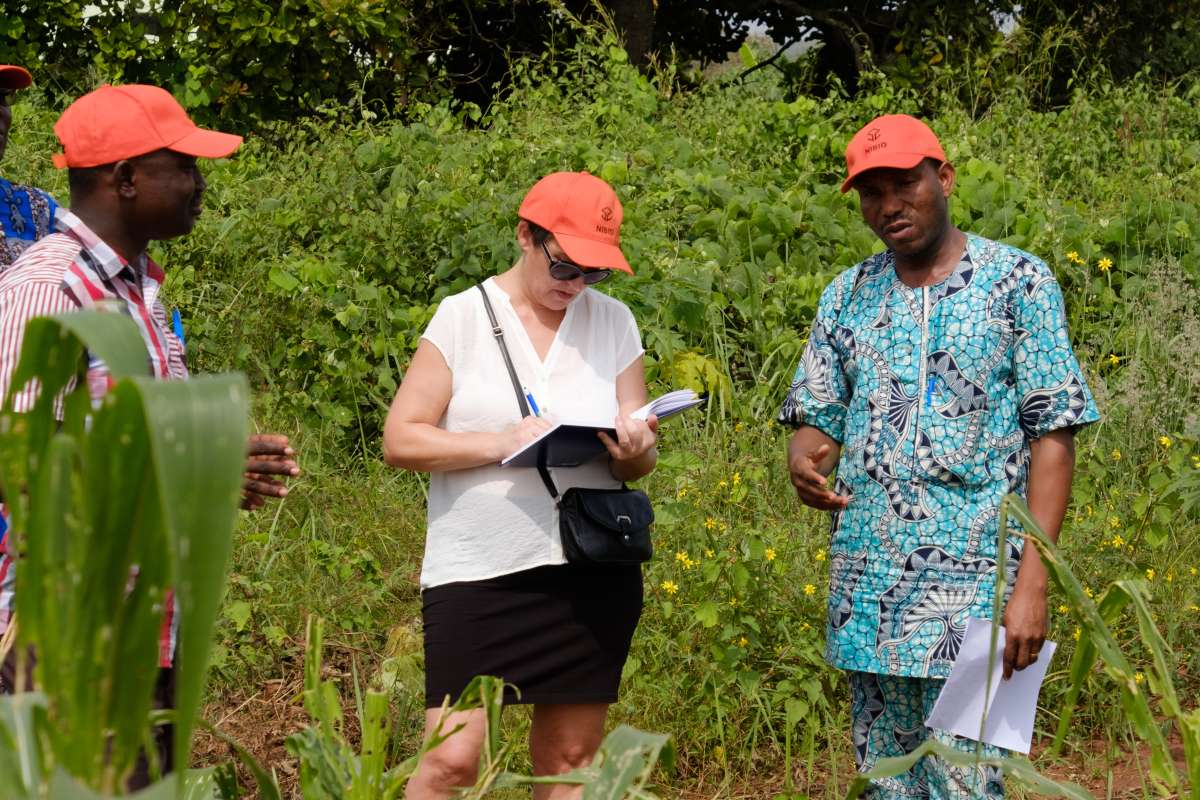NIBIO innovation alerts farmers of agriculture pests in Africa, India and China
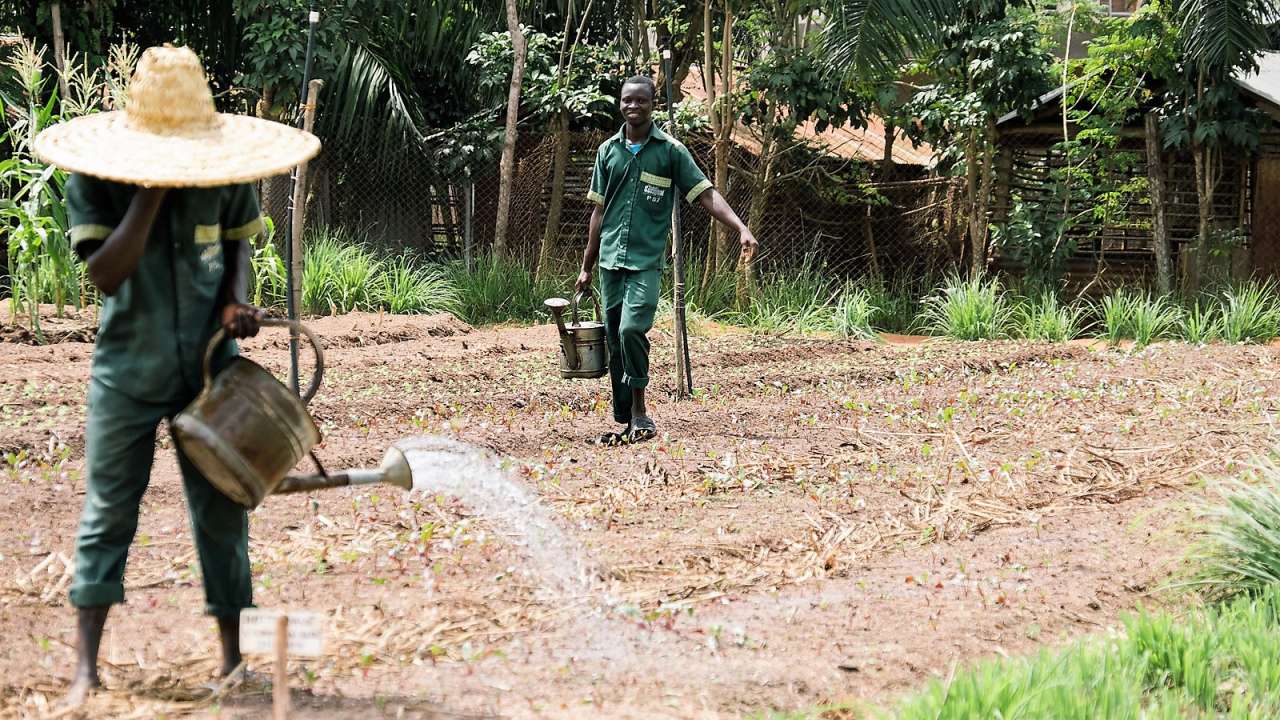
Photo: Ragnar Våga Pedersen.
India, China and several African countries want to deploy NIBIO's VIPS system, which warns farmers of the threat of pests and diseases.
VIPS is an open and freely available service that can alert the producers about diseases, pests and weeds in important agricultural and horticultural crops in Norway. The aim is to provide easy access to information needed by advisors and growers to assess the need for plant protection measures at an early stage.
Scientists at NIBIO - Norwegian Institute for Bioeconomy - is now in the process of deploying VIPS as a forecast service adapted to local conditions in several developing countries. The purpose is to limit the extent of damage to crops and reduce the use of pesticides.
Research projects are in the start-up phase in India (Resilience), Mali, Niger and Benin in collaboration with, among others, the UN's Organization for Nutrition and Agriculture (FAO) and the International Institute of Tropical Agriculture (IITA). NIBIO is also part of a large food security project in China (Sinograin II), where VIPS is an important element.
The projects are financed by NORAD and the Norwegian Ministry of Foreign Affairs (UD).
Mitigation measures cheaper than fighting
–VIPS has a long history in Norway, and is especially adapted to Norwegian agriculture and local pests. However, we discovered that the service could also complement other measures for integrated pest management (IPM) outside Norway, says Karl Thunes, scientist at NIBIO.
It is particularly the early-warning part that is of interest, Thunes explains. Through diagnoses, counselling and training, you can avoid or limit problems before there is a need to introduce measures.
- VIPS alerts the farmer to any danger, and he can then get advice related to this. Mitigating measures are much cheaper than fighting pests and diseases, Thunes underlines.
New VIPS platform adapted to international collaboration
In 2014, a new VIPS platform with an open source license was created in a UD-funded collaborative project with universities and university colleges in Bosnia-Herzegovina. This platform allows different parties to share information.
- It allows you to process and modify data adapted to local conditions, as well as test and confirm models locally or as part of an international network. Gradually there will be models that can go directly to the users through the same system, explains Berit Nordskog, scientist at NIBIO.
However, in order to implement VIPS in other countries, the scientists need ecological models for species such as corn, phenological models for local pests as well as weather data. In Norway, the researchers have a good cooperation with the Norwegian Meteorological Institute. Data from yr.no are used in Africa and Asia.
- The projects are currently in the start-up phase. NIBIO needs to obtain existing models on plants and pests or possibly develop new ones, which will subsequently be included in VIPS. The model results from VIPS can then be integrated with existing apps and web services. We work closely with biologists and program developers in these countries to be able to further develop the tools that already exist locally, says Thunes.
- It is important that people can find the information where they are used to finding it, adds Nordskog.
Troublesome moth
The Latin American fall armyworm is one of the pests that threatens food security in Africa and India. It does enormous damage to corn and other food plants, and it continues to spread.
- Fall armyworm came to Africa in 2016. Within two years, it has spread across the continent. This pest is extremely fertile and a very good flyer. In some areas, it can destroy 60-70% of corn production. It attacks more than 300 different plants, many of which are useful crops. In just one year, it has also spread to India and Southeast Asia. It is only a matter of time before it will reach Europe, Thunes predicts.
The scientist believe it is possible to control the moth population, but not eradicate it:
- Nature itself will take control as the populations of beneficial organisms (fungi, microorganisms, parasitoids and predators that eat the fall armyworm) grow. We see that there are less damage now than before in the areas where it has been present for a few years.
VIPS will be a tool in the war against fall armyworm.
- The healthier the plants, the more resistant they are, Thunes highlights. He points out that more resistant varieties of crops will also help and says GMO is a topic under discussion.
Other preventive measures against the moth can be changing method of cultivation, mass production of beneficial organisms and other management measures.
.jpg)
Agriculture as part of the ecosystem
- In Norway, we have good expertise and technology, including precision farming, good natural resource management and relatively little use of pesticides. We are aiming to help developing countries see agriculture as part of the ecosystem, and that the operations are adapted with this in mind, says Thunes
The NIBIO-scientists emphasise that the sustainability element is very important:
- It is essential that this is sustainable in the way that there is a strong connection to the authority. This is important in order for such projects to be able to stand on their own feet. In the projects we participate in, the authorities are oriented and involved in one way or another. We focus on capacity building, as well as leaving behind technology and opportunities so that the countries we work in are able to manage these tools themselves,” Thunes concludes.
We have solutions in demand in the world
The Norwegian Minister of Agriculture and Food, Olaug Bollestad, thinks it is very positive that research institutions such as NIBIO now are collaborating with international partners on food security:
- We have solutions the world demands. A society must not just be concerned with itself. We have to share the solutions with a world that needs it more than ever, says Bollestad, adding that she has an expectation of international engagement and that Norway must participate in sharing knowledge internationally for us to achieve the UN's sustainability goals.
- NIBIO is at the forefront and contributes significantly, for example in China, India and African countries, she says.
Contacts

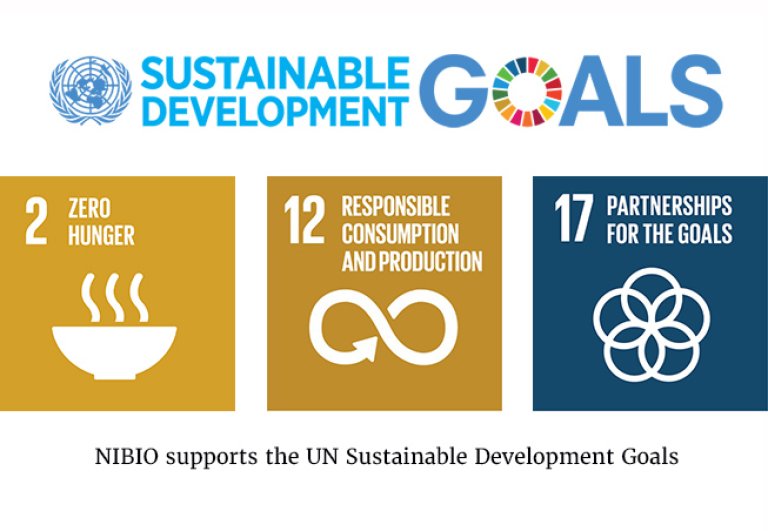
Facts about VIPS
VIPS is an Open Source technology platform for prognosis, monitoring and decision support in agriculture. Data from most online weather stations, public weather data networks and weather forecasts can be used, allowing pest and disease models to be tested and validated under local conditions, with multiple sources of input data. Observations of pests and diseases can be easily registered with smartphones and reported using online maps.
NIBIO aims to initiate international research collaboration to create new and improved tools for better implementation of integrated pest management. VIPS is made to accommodate for research, development and extension with easy customization for local developments and international use.
